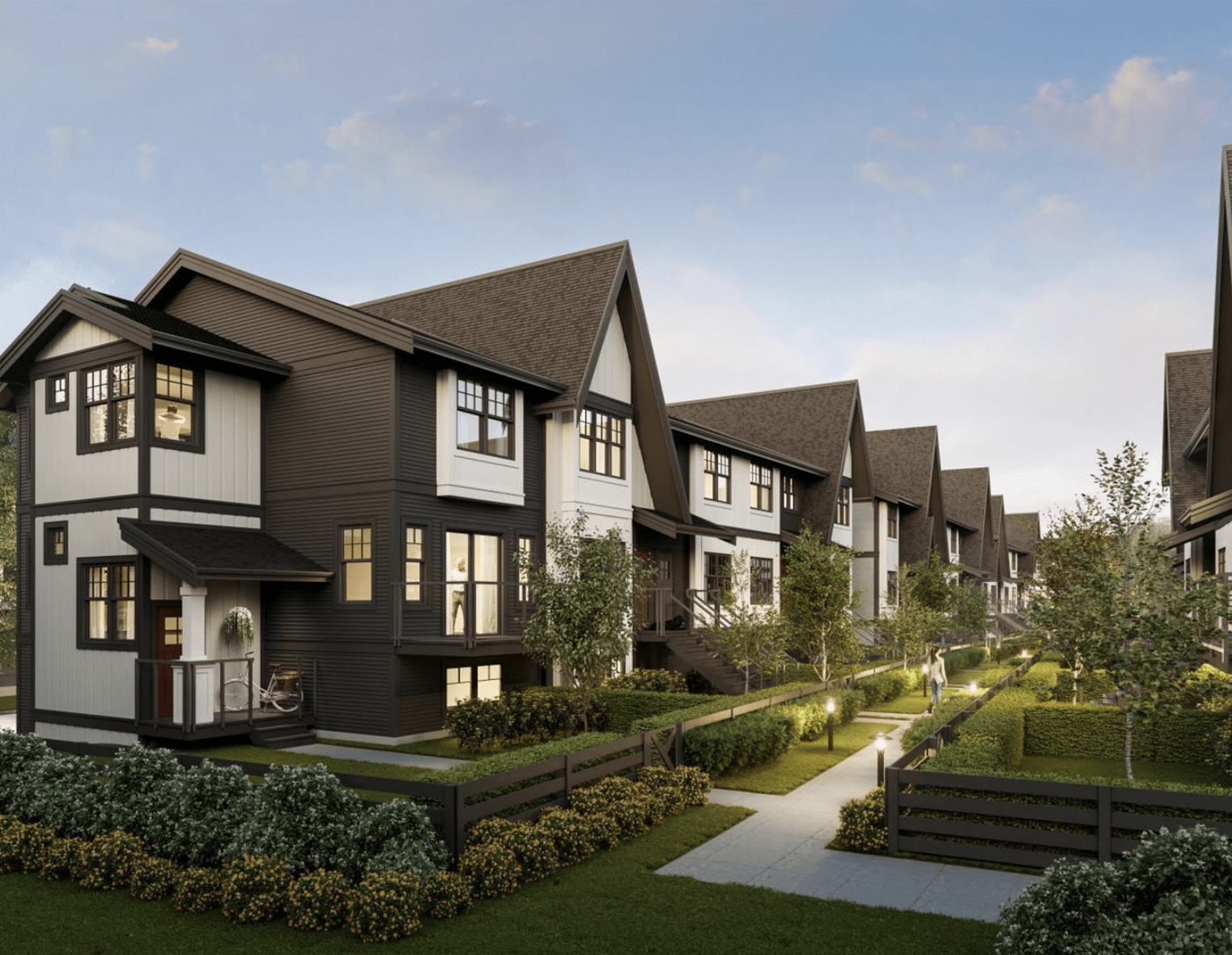British Columbian home buyers will be allowed some time to change their minds after making an offer to purchase in the province’s highly competitive housing market, under newly proposed amendments to the Property Law Act.
B.C. Finance Minister Selina Robinson said Monday that the creation of a cooling-off period for purchasing resale properties and newly built homes is needed to balance risk in the current overheated real-estate market.
“British Columbians trying to buy a home in these market conditions are frustrated,” she said. “The status quo is only working for people who profit from an overheated market.”
The proposed law would be the first of its kind in Canada, but the province has already introduced a similar, seven-day cooling off period for pre-construction condominium sales.
Ms. Robinson said the new measure was designed to respond to concerns that the intensely competitive market in some parts of the province is forcing buyers to submit offers on a home without basic conditions intended to protect their interests. The changes will allow people buying a home more time to consider their offers, ensure financing and obtain a home inspection, instead of feeling like they need to waive these conditions.
According to the province, more than 70 per cent of offers in B.C.’s most competitive markets over the past year may have been made without conditions, which can lead to major repair and renovation costs, or the loss of a deposit if the buyer’s financing falls through.
Helene Barton, executive director of the Home Inspectors Association BC, applauded the change, saying she has heard from devastated families who rushed into a purchase without an inspection, only to find themselves in an unlivable home with unexpected problems.
“Once again B.C. will lead the country in protecting home buyers by providing them with the right to exercise due diligence before purchasing a home,” Ms. Barton said during a news conference with the Finance Minister.
Details – including the amount of time that the cooling off period will last, and what financial penalties will come with retracting an offer – are expected to be set by regulation later this spring. Ms. Robinson said she is waiting for a report, based on consultation with stakeholders and details about how the existing cooling-off mechanism is working, before setting the regulations.
The B.C. Real Estate Association opposed the change, although the group agrees that current housing market conditions are untenable.
When the province first proposed the cooling-off period last November, the association, representing 24,000 realtors, offered alternative proposals, including a mandatory “pre-offer period” of a minimum of five business days from when a property is first listed – so that buyers would have time to research the home before any bids would be taken.
Urban planner Andy Yan, director of The City Program at Simon Fraser University, said in an interview that he doesn’t expect the proposed cooling-off period to do much to cool housing prices – an assessment with which Ms. Robinson agrees. But he does think it will improve consumer protection.
“I think it’s a good idea around protecting consumers on the biggest purchase for most of their lives,” Mr. Yan said.
The provincial government has already introduced a string of measures – the vacancy tax, speculation tax and foreign buyers’ tax – designed to dampen the housing market, but the Metro Vancouver housing market just posted another a record year for real estate. The benchmark price for all residential properties was up across the region by 17.3 per cent over the year before, according to the Real Estate Board of Greater Vancouver.
At the same time, property values are rising fast in smaller communities – the most recent evaluation by BC Assessment showed that property values in 2022 have climbed by more than 40 per cent over last year in locations such as Port Alberni and Ucluelet.
Housing Minister David Eby has said he is considering provincial legislative options to override municipalities that refuse to approve social housing or housing near transit, in an effort to increase the supply of affordable housing.
Across Canada, the average home price is forecast to rise by 14.3 per cent in 2022, according to the Canadian Real Estate Association. Record-setting prices on homes reflects what it calls an unprecedented imbalance of housing supply and demand.
How will this impact you as a buyer? Contact [email protected] or 604-341-9937 for more information.
Source: Hunter, Justine “B.C. to impose ‘cooling-off’ period for home buyers, the first of its kind in Canada” The globe and mail MARCH 28, 2022.



